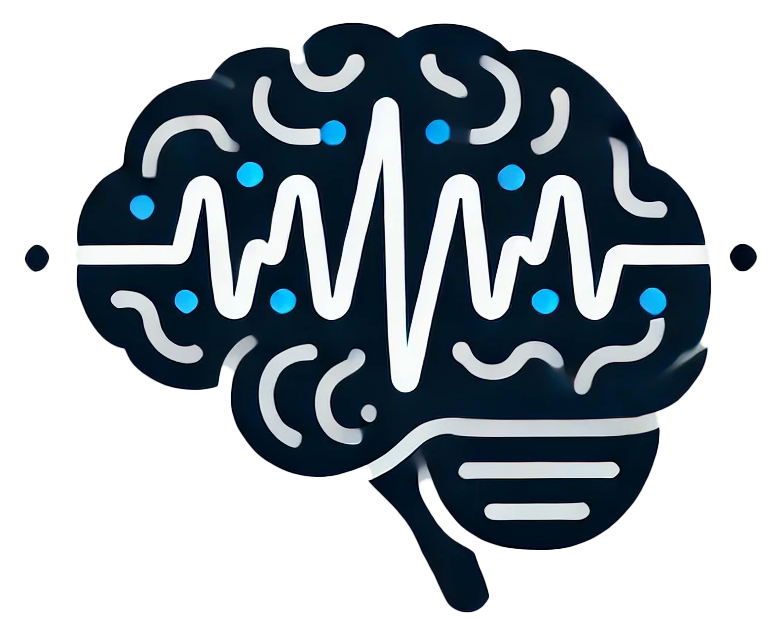Stress is the body’s natural response to challenges, threats, or demands. It triggers a complex biological reaction designed to help us adapt to various situations by increasing alertness, energy, and readiness for action. Stress can be both positive (motivating or focusing us to perform) and negative (leading to physical or mental strain if prolonged or excessive).
How Stress Works: The Biological Response
When we encounter a stressor (any physical, emotional, or environmental challenge), the body activates the hypothalamic-pituitary-adrenal (HPA) axis and the sympathetic nervous system. Here’s what happens:
Release of Stress Hormones: The hypothalamus in the brain signals the pituitary gland, which then signals the adrenal glands to release cortisol and adrenaline (epinephrine).
Cortisol helps mobilize energy, breaks down stored glucose, and suppresses non-essential bodily functions (like digestion and immunity) to focus resources on dealing with the stressor.
Adrenaline increases heart rate, raises blood pressure, and expands airways, preparing the body for quick action.
Fight-or-Flight Response: This reaction, also called the acute stress response, prepares the body for a "fight or flight" action. It causes physiological changes like increased heart rate, rapid breathing, muscle tension, and heightened senses, all aimed at boosting physical ability to respond to the threat.
Return to Baseline: Once the stressor is removed or resolved, the body’s parasympathetic nervous system kicks in to counterbalance the stress response, helping the body return to a relaxed state.
Types of Stress
Acute Stress: This is short-term stress, often resulting from immediate challenges or demands, such as a deadline, a test, or a sudden event. The body quickly returns to baseline after acute stress passes.
Chronic Stress: Chronic stress occurs when stressors are constant or prolonged, like ongoing work pressure, financial worries, or chronic illness. Chronic stress keeps the body in a near-constant state of alertness, leading to wear and tear on various systems.
Episodic Acute Stress: Some people experience frequent episodes of acute stress, often due to a high-stress lifestyle or personality traits that make them feel stressed in many situations.
Eustress: This is a positive form of stress that motivates and focuses us, like preparing for a promotion or a competition. It provides energy without the harmful effects of chronic stress.
Effects of Stress on the Body and Mind
Physical Health: Chronic stress is linked to high blood pressure, cardiovascular disease, weakened immunity, gastrointestinal issues, and muscle pain.
Mental Health: Persistent stress can lead to anxiety, depression, cognitive difficulties, and memory problems.
Behavioral Effects: Stress may lead to changes in behavior, such as overeating or undereating, reliance on substances (like caffeine, nicotine, alcohol), and sleep disturbances.
Managing Stress
Effective stress management techniques help prevent the negative effects of chronic stress. Here are some strategies:
Relaxation Techniques: Deep breathing, meditation, yoga, and progressive muscle relaxation can activate the body’s relaxation response.
Physical Activity: Regular exercise reduces cortisol levels, increases endorphins, and improves resilience to stress.
Social Support: Connecting with friends, family, or support groups can alleviate stress and foster resilience.
Healthy Lifestyle: Good nutrition, quality sleep, and avoiding excess caffeine and alcohol can reduce stress.
Time Management and Goal Setting: Planning and setting achievable goals can reduce the stress of overwhelming tasks.
Cognitive Behavioral Techniques: CBT and mindfulness help in reframing stressful thoughts and enhancing coping skills.
While stress is a normal part of life, managing it well can improve physical and mental well-being, enhance resilience, and prevent the damaging effects of chronic stress.




